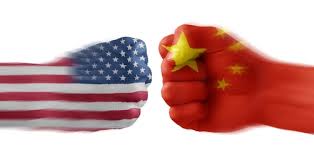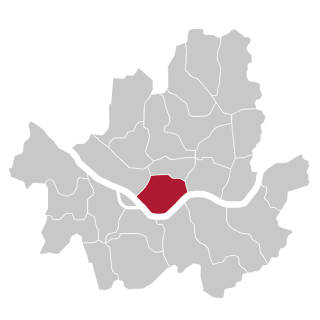Today's Asia Pacific: Asia Pacific Rebalance Strategy, THAAD and Arm Race in Asia Pacific

Figure 1: Sino-American Conflict in Asia Pacific Eisenhower's speech of Military Industry of the United States: Today Cold War is over but the militarization and tension remain in Asia Pacific. The end of Cold War indeed slowed down the militarization of United States in Asia Pacific but it was quickly followed by the backlash of "Asia Pacific Rebalance Strategy" by Obama's government. "Asia Pacific Rebalance Strategy"[1], on the official website of U.S. Department of Defense, is described as "Defense leaders remain focused on efforts to strengthen relationships and modernize U.S. alliances in the Asia-Pacific region as a priority for 21st-century security interests and sustaining U.S. global leadership."[2] It sounds that the United States keeps its leadership by providing security to its allies in Asia Pacific and therefore it's win-win policy for the United States and its allies in Asia Pacific. However, the security pro...




